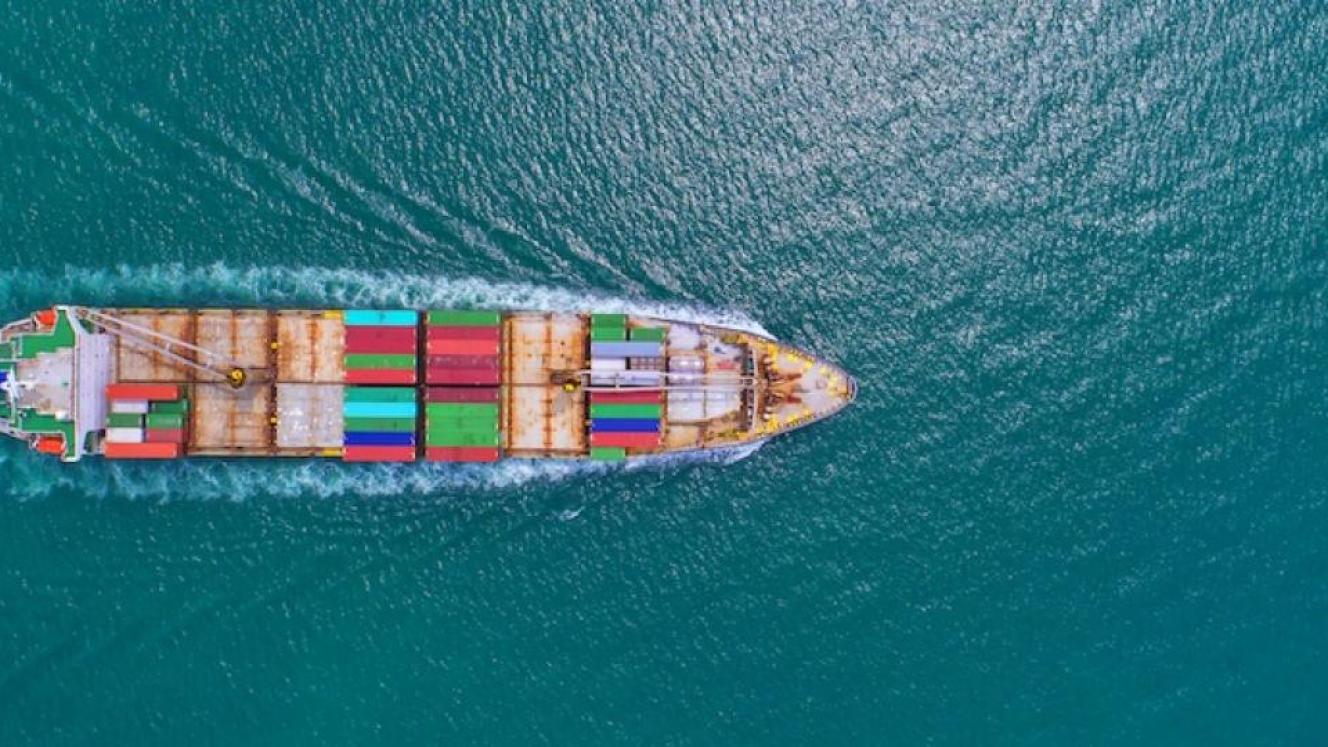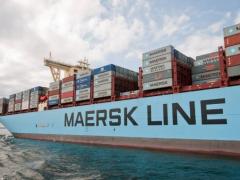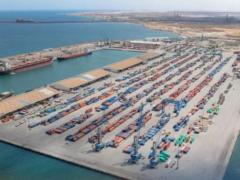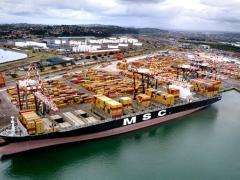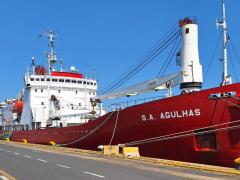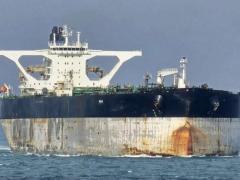The World Shipping Council (WSC) has come out strongly against proposed US legislation designed to tighten regulation of carriers in order to address supply chain congestion resulting from record US consumer and business import demand, coupled with disruptions resulting from the Covid-19 pandemic.
While text of the legislation is not yet available, a “Framework” has been shared with members of the media which the WSC believes is flawed, particularly the suggestion that ocean carriers are solely responsible for the current supply chain congestion.
“The congestion is widespread. Every link in the supply chain - from marine terminals to truckers, rail cars and warehouses - is under tremendous strain.
“It is unrealistic, inequitable, and unproductive to try to address these supply chain-wide challenges by regulating only one class of supply chain participants - ocean carriers. It is doubtful that regulating all supply chain actors - ports, marine terminals, labour, truckers, railroads, warehouse operators - would have any discernible positive impact on the current supply chain challenges.”
The WSC points out that what is “crystal clear” is that regulating only ocean carriers - or any other single class of supply chain provider - is doomed to fail. “This approach will not improve supply chain performance, and it risks undermining the regulatory and market structure that has served the nation’s international trade well for many decades. It is possible to make the situation worse, and this bill would do just that.”
The organisation believes that the legislation is infused with fundamental unfairness.
“The bill would require ocean carriers, under the threat of penalty, to guarantee the performance of other parties over whom they have no control - for instance by putting the burden on ocean carriers to ensure chassis, trucks and rail cars are available from third party providers.”
In addition, under threat of penalty, it requires ocean carriers to make certifications of fact on why customers do not return equipment on time in situations in which the facts are not, and in most cases cannot be known to the carriers. “Such provisions will not result in supply chain improvements, precisely because they charge parties with doing the impossible.
“Supply chain participants, including ports, carriers, labour, marine terminal operators, rail, truckers, chassis providers and shippers are collaboratively working to find operational solutions to increase efficiency and cargo velocity.”
The organisation believes these operational solutions have achieved some success. “Notwithstanding the ongoing congestion, US import cargo is moving at historic levels, and US government statistics indicate that agricultural exports are moving at or near pre-pandemic, and in some cases record levels.”
The WSC has accused the government of tilting the market in favour of shippers in commercial disputes. “Just because the market has temporarily turned under stress from unprecedented US consumer and business import demand does not warrant legislatively creating a commercial playing field that is not level and which will persist for many years if enacted.”
The organisation further warns that the legislation, if enacted, would incentivise trade partners to enact similar protective legislative and regulatory frameworks in their countries. “Starting a protectionist race to the bottom in the regulation of international ocean transportation is not a winning strategy for the US economy.”
